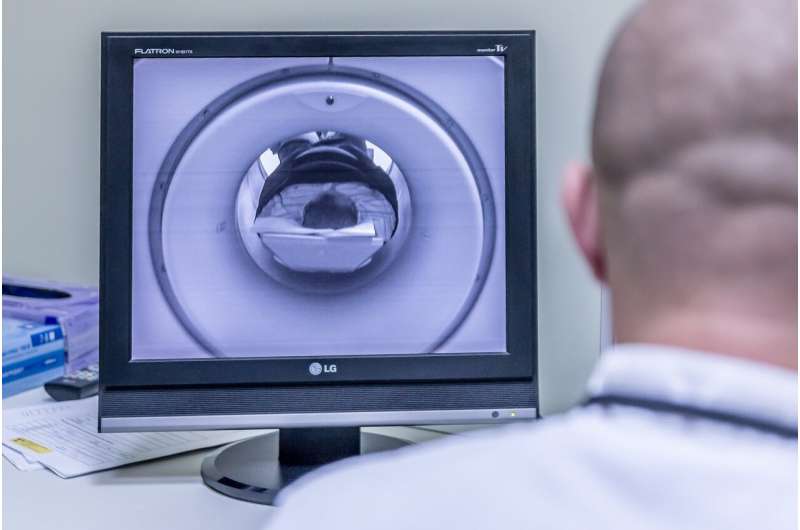Can Physiotherapy Effectively Treat Headaches? Insights from Recent Research

Recent research highlights the effectiveness of physiotherapy in treating certain types of headaches, including cervicogenic, migraine, and tension headaches. A proper assessment can guide tailored treatment to relieve headache pain and reduce frequency.
Many individuals seeking relief from headaches may wonder whether physiotherapy can be an effective treatment option. Recent research indicates that physiotherapy can offer significant benefits for certain types of headaches. While some headaches may require medical management, physiotherapy has been shown to help address musculoskeletal factors contributing to headache pain.
One common type is cervicogenic headache, characterized by pain originating from the upper cervical spine. This pain typically manifests on one side, starting beneath the skull and radiating into the back of the head or eyes. Activities that strain the neck, such as maintaining poor posture or repetitive neck movements, can trigger this type of headache. Unlike migraines, cervicogenic headaches usually lack associated symptoms like nausea or light sensitivity. Physiotherapy approaches such as manual therapy, targeted exercises, and patient education focused on improving neck function can provide both immediate relief and long-term benefits.
Migraines are a neurological disorder where the brain struggles with sensory processing, resulting in episodes of intense headache often accompanied by light and noise sensitivity, nausea, and physical exertion intolerance. While many believe neck pain triggers migraines, evidence shows that neck pain can be part of the migraine itself, serving as a warning rather than a cause. For individuals with a musculoskeletal neck disorder, physiotherapy—including manual therapy and specific neck exercises—may reduce the frequency and severity of migraine attacks. Recent studies suggest these interventions can have small but meaningful effects on headache reduction and associated disability.
For tension headaches, characterized by a feeling of tightness or a band around the head, physiotherapy can also be beneficial. These headaches often involve neck pain and may be aggravated by stress or poor posture. A comprehensive assessment by a skilled physiotherapist can determine the best treatment, which may include manual therapy and exercises aimed at relaxation and muscle relief. Education on managing triggers and self-care strategies further enhances treatment outcomes.
In conclusion, physiotherapy presents a promising adjunct or alternative to traditional headache management, especially for cervicogenic and tension-type headaches. It is essential to undergo a thorough evaluation by an experienced physiotherapist to identify the specific headache type and tailor the treatment appropriately. For persistent or unusual headaches, consulting a healthcare professional remains important to rule out other causes and determine the most suitable treatment approach.
Source: https://medicalxpress.com/news/2025-05-headaches-physiotherapy.html
Stay Updated with Mia's Feed
Get the latest health & wellness insights delivered straight to your inbox.
Related Articles
Increased Physical Activity Among NHS Active 10 App Users Demonstrated by Recent Study
A recent study demonstrates that users of the NHS Active 10 walking app increase their brisk and overall walking activity, with benefits lasting over two years, indicating its potential for promoting public health.
California Tobacco Tax Hike Leads to Significant Increase in Smoking Cessation
A major tobacco tax increase in California has led to a significant rise in smoking cessation rates, highlighting the impact of fiscal policies on public health. The study shows that large tax hikes and increased prevention funding can effectively reduce smoking prevalence.
Majority of Australian Diagnostic Imaging Clinics Now Owned by For-Profit Corporations, New Study Finds
A new study reveals that over 50% of Australia's diagnostic imaging clinics are owned by for-profit corporations, raising critical concerns about healthcare costs, access, and quality.
Innovative Approaches to Combat Kidney Disease by Targeting Neutrophils
Emerging research reveals how targeted therapies against neutrophils and NETs could revolutionize treatment for various kidney diseases, reducing inflammation and tissue damage.



